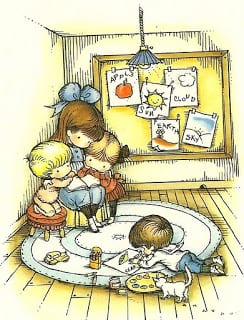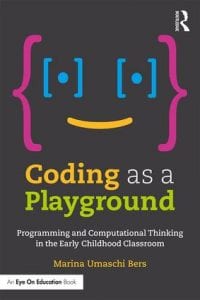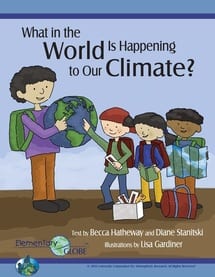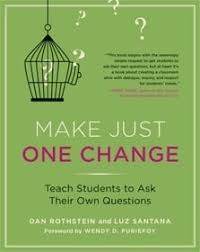 A friend is someone who likes you for you. A friend listens and cares. A friend is kind and trustworthy. A friend makes you happy. A friend helps you when you need it. Friends think about you even when you’re not around. They know what will make you happy or sad, bothered or worried, and they do something about it.
A friend is someone who likes you for you. A friend listens and cares. A friend is kind and trustworthy. A friend makes you happy. A friend helps you when you need it. Friends think about you even when you’re not around. They know what will make you happy or sad, bothered or worried, and they do something about it.
This poem by Langston Hughes is one of my favorites. It says a lot in a small, quiet way.
Poem by Langston Hughes
“I loved my friend.
He went away from me
There’s nothing more to say
The poem ends,
Soft as it began –
I loved my friend.”
My world is happier when I share it with friends.
 Hearing Marina Bers talking about her coding projects for very young children was inspiring. We have Scratch on our iPads. It will be fun to help kids explore it more and think of things they can do to animate more of the projects they make. Here analogy was to think of inventing ways for children to use technology as if they were playing on a playground rather than being placed in a play pen. Clearly I need to spend more time with coding exercises. Dr. Bers said it is important to think about coding as an essential literacy that needs to begin as early as possible because as early as 3rd and 4th grade stereotypes of who is and who isn’t a creator through technology are already established.
Hearing Marina Bers talking about her coding projects for very young children was inspiring. We have Scratch on our iPads. It will be fun to help kids explore it more and think of things they can do to animate more of the projects they make. Here analogy was to think of inventing ways for children to use technology as if they were playing on a playground rather than being placed in a play pen. Clearly I need to spend more time with coding exercises. Dr. Bers said it is important to think about coding as an essential literacy that needs to begin as early as possible because as early as 3rd and 4th grade stereotypes of who is and who isn’t a creator through technology are already established. After the keynote I went to a workshop about integrating math and science through the
After the keynote I went to a workshop about integrating math and science through the  and to realize that we had the same types of difficulties that kids in the classroom do as well. I had not explored any of the resources at
and to realize that we had the same types of difficulties that kids in the classroom do as well. I had not explored any of the resources at